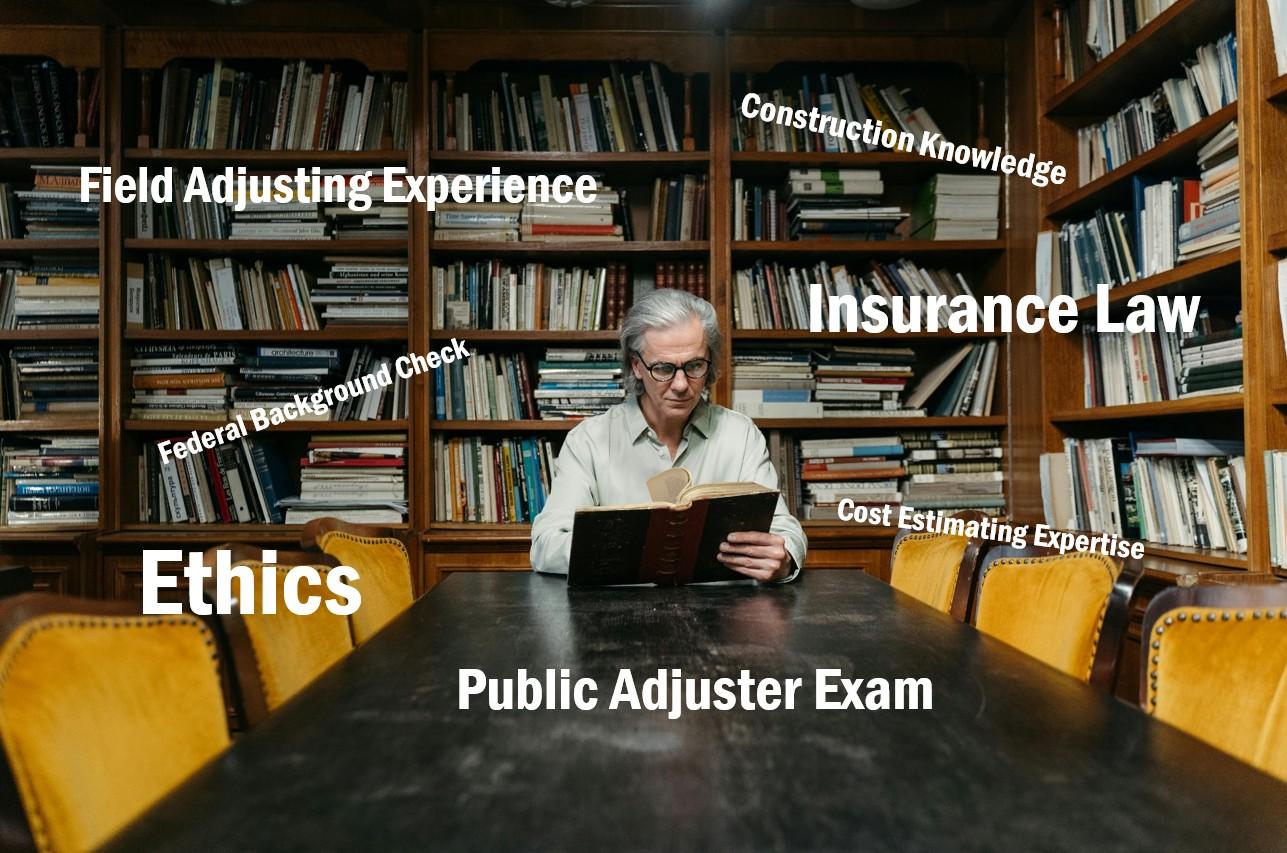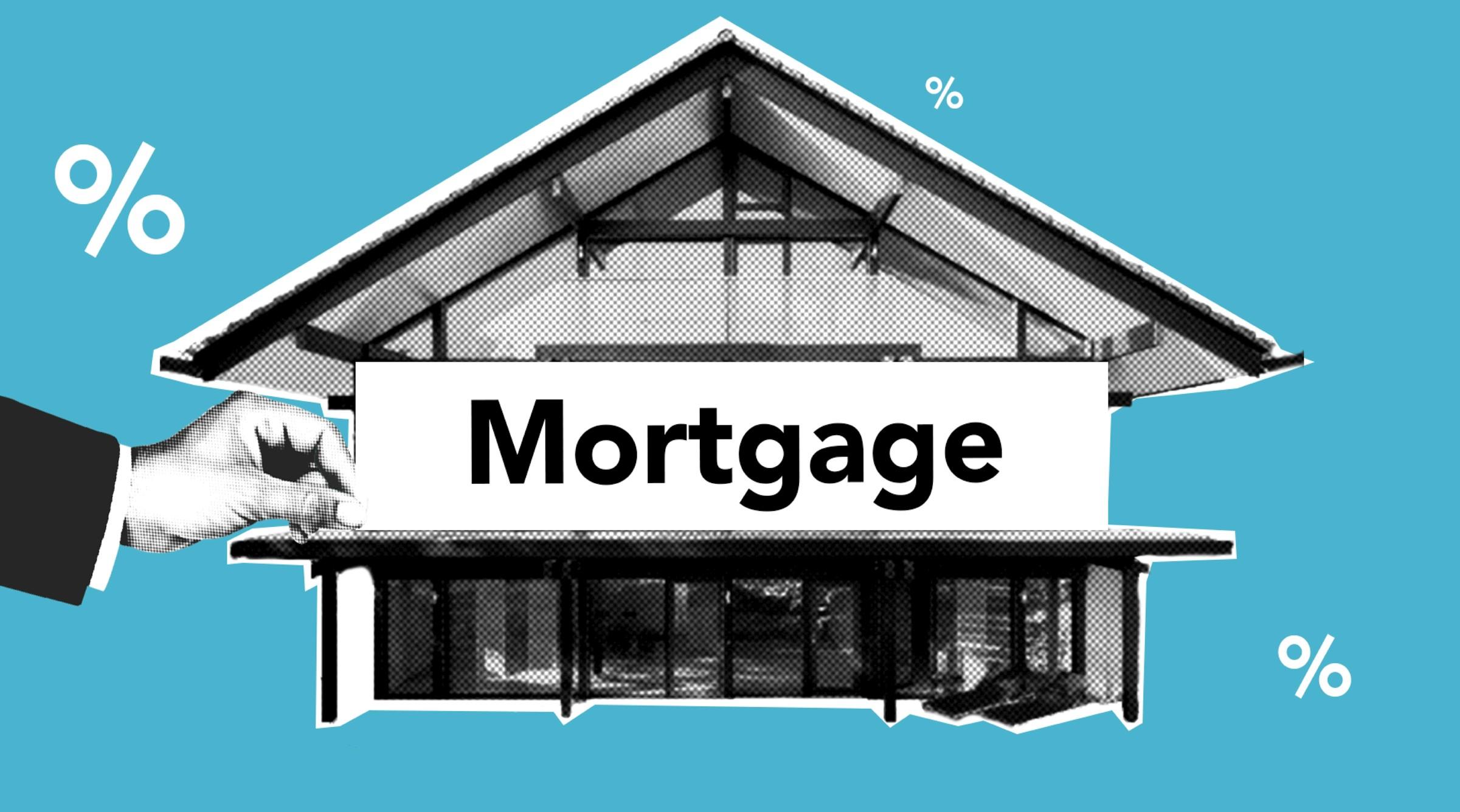THE TAKEAWAYS
- Insurance companies will push their vendors for construction and mitigation in order to save costs
- Construction and Mitigation companies provide discounts to insurance companies in exchange for being on an approved vendor list
- Texas allows insureds the right to hire their own contractors and mitigation companies
- A Public Adjuster can assist you in navigating all parts of your claim, including providing information about what a qualified contractor should be doing for you
WHY IS MY INSURANCE COMPANY PUSHING THEIR PREFERRED VENDOR?
Are you surprised or confused as to why it feels like the insurance company seems to be pushing their vendors on you? You’re not alone! At True View Commercial, many of our clients have expressed confusion and concern about feeling pressured to use specific insurance company vendors while given very little time to do any homework on a company or the services being proposed.
We see this first hand, claim after claim, year after year.
If you are a homeowner experiencing the devastation of a house fire, the last thing you want to worry about is dealing with an insurance claim or selecting contractors to help restore your home. In some cases, homeowners might turn to their insurance company for advice, and the insurance company will often recommend or even insist on using their preferred mitigation and reconstruction vendors.
While this may seem like a fast, convenient, or trustworthy solution, it’s important to understand that what’s fast and convenient for the insurance company is not always in the best interest of you as the insured.
WHAT'S REALLY BEHIND THE PUSH FOR PREFERRED VENDORS?
Simply put… money.
Insurance companies have a vested interest in keeping claim costs as low as possible, and one of the ways they achieve this is by steering homeowners toward their preferred vendors. These vendors often work under contracts or agreements with the insurance company, which are designed to streamline the claims process but also prioritize cost savings for the insurer.
But why do insurance companies push their vendors so aggressively? Although the insurance company may want homeowners to recover from their loss smoothly, it's no secret that controlling processes are one of the easiest ways to control costs. The claim recovery process is no different. Cost savings for the insurance company are achieved from a multitude of angles and not just one singular avenue.
Direct Cost Control – Discount Rates: Insurance companies have agreements with certain vendors to ensure that the work will be done within a specific budget. These vendors are incentivized to minimize the cost of repairs, which ultimately benefits the insurer.
Indirect Cost Control - Processing Time: Preferred vendors are familiar with the insurance company's processes, making it easier for the insurer to process claims quickly. However, a fast claim settlement doesn’t necessarily equate to a fair one.
Additionally, when the insurance company selects preferred vendors for their list, they maintain a degree of general control over the project and can hold the vendor accountable if the work doesn’t meet certain standards. But again, the primary interest is in keeping costs down, not necessarily ensuring the highest quality of repairs.
While these may seem like valid reasons to use the insurance company's recommended vendors, it’s important to note that these vendors are ultimately beholden to the insurance company—not to you as the homeowner and insured.
WHY USING THE INSURANCE COMPANY’S VENDORS MAY NOT BE IN YOUR BEST INTEREST
When dealing with a large insurance loss, it may seem logical to turn to your insurance company for guidance and convenience. While it may seem convenient to use the insurance company’s vendors for mitigation and reconstruction after a fire loss, this approach can often work against you as the policyholder.
Conflict of Interest
The most significant concern with using the insurance company’s preferred vendors is the clear conflict of interest. Like it or not, the vast majority of these vendors offer discounts on labor costs and invoicing directly to the insurance company in exchange to be provided with steady leads (your insurance claims). We know this to be factual because our team of adjusters has inquired with many insurance carrier vendors over the years and the vendors have been quite open with True View Commercial about this. Note: The vendors we spoke with shall remain confidential in this post.
These vendors are contracted or incentivized to keep costs down, which might lead to cut corners in the restoration process. Your insurance company’s priority is to save money, and the vendors they recommend may not have your best interests in mind when performing the work. It may not be that the vendor has ill intentions on your claim but is beholden to operational guidelines agreed to in order to be on the vendor list of the insurance company.
In many cases, this can result in rushed jobs that leave issues unresolved or overlooked. Often when a project is rushed at the onset, damage that is overlooked may leave underlying problems that could lead to more damage down the road.
As the homeowner, you have a vested interest in ensuring that your property is restored to its pre-loss condition, using like kind and quality materials and workmanship. However, the insurance company’s vendors are primarily concerned with limiting the amount of money that the insurer pays out on the claim, which can lead to a lower quality of work.
Vendors May Overlook the Full Scope of the Damage
One of the most critical issues homeowners face when using the insurer’s vendors is that these contractors may be more focused on speed and keeping the claim cost low than thoroughly investigating the full extent of the damage. Moreover, they may not even be qualified to properly assess damage in the first place. Fire damage can often be more extensive than it appears on the surface, and it’s crucial to ensure that all affected areas are properly addressed.
Our Public Adjusters are trained to identify and document residential fire damage. Our focus as your advocate is to determine the extent of damage and create a scope that addresses it. After our Public Adjusters understand the damage profile on a claim, we walk with the adjusters and vendors to ensure that all damage is pointed out and observed by all parties. Two of the most common items in a residential fire are:
Structural Damage: Fire can compromise the structural integrity of a home, even if the damage is not immediately visible. If the vendor is focused on cost-saving, they may overlook or downplay structural issues that need to be addressed.
Smoke and Soot Damage: Smoke and soot can permeate walls, floors, and HVAC systems, leading to long-term health and safety concerns if not properly mitigated. Insurance vendors may not take the time or allocate the resources to clean and repair these hidden issues thoroughly.
Water Damage: Water used to extinguish the fire can cause secondary damage, leading to mold if not properly addressed. Again, an insurance vendor may prioritize minimizing costs over performing a comprehensive cleanup.
Homeowners Have The Right To Choose Their Contractor
It’s important to note that, as a homeowner, you are not obligated to use the insurance company’s preferred vendors for mitigation and reconstruction. Many homeowners may feel pressured to go along with the insurer’s recommendations, but this is not required under most insurance policies.
You have the right to:
- Hire your own contractor or mitigation company.
- Seek out vendors with a reputation for high-quality work.
- Ensure that the scope of work addresses all the damage, not just the most visible parts.
By choosing your vendor, you maintain control over the quality and scope of the work being performed on your home. You can select professionals who are more focused on restoring your home to its pre-loss condition, rather than cutting costs.
WHY YOU SHOULD WORK WITH A PUBLIC ADJUSTER
In addition to selecting your vendors, working with a licensed Public Adjuster at True View Commercial can help ensure that you receive a fair settlement for your fire loss. Our Public adjusters are state-licensed claim professionals who work on behalf of the policyholder, not the insurance company. They can help:
- Document the full extent of your loss: A public adjuster will conduct a thorough inspection of your property to ensure that all damages are accounted for, including those that may be overlooked by the insurance company’s adjuster.
- Negotiate with the insurance company: Public adjusters are experienced in negotiating with insurance companies and can help ensure that you receive a fair settlement for your loss.
- Advocate on your behalf: Public adjusters work for you, not the insurer, so their goal is to maximize your settlement, not minimize the cost for the insurance company.
When faced with the aftermath of a fire loss, it’s important to remember that your insurance company’s interests may not align with your own. While they may push for you to use their preferred vendors, you have the right to choose your contractors and advocate for the best possible restoration of your home. By working with a Public Adjuster at True View Commercial and selecting your trusted contractors and mitigation companies, you can protect your interests and ensure that your home is properly restored to its pre-loss condition.
If you have experienced a fire loss in the Dallas/Fort Worth area and need assistance navigating the insurance claims process, consider working with True View Commercial to help you get the settlement you deserve.






